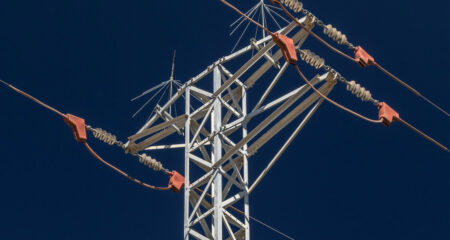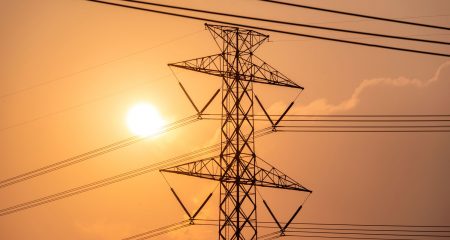
Opposition to Eskom’s bid to increase electricity prices mounted during the two days of public hearings in Johannesburg this week.
The state utility was taking part in public hearings called by energy regulator Nersa, which will determine by the end of the month whether Eskom should receive its additional 9,6% tariff increase, something which would push the total increase to 24,8%.
Experts, business leaders and politicians gave presentations to the Nersa panel, pleading for it to find alternatives to a further tariff increase.
Energy expert Chris Yelland told the panel that the price increase was worse than it seemed and would actually total 31,6%.
“The question of affordability to the economy and to electricity customers has not been considered by Eskom at all,” he said.
The tariff increase would endanger about 20 000 job opportunities at ferrochrome refineries, according to Jurg Zaayman, chair of the Ferroalloys Producers Association of South Africa.
“Prior the cost of electricity was about 40% of the total cost and is now at just more than 50%. I fail to see how they can survive if the current application for a tariff increase is granted,” said Zaayman.
The South African Chamber of Mines said it did not believe that the correct funding mechanism to solve Eskom’s financing requirements should be at the expense of the mining sector.
“We cannot accept that tariff increases are the most appropriate way of dealing with this shortfall at this time,” Chamber of Mines CEO Roger Baxter said in a statement.
Energy expert Anton Eberhard tweeted that Nersa would not grant Eskom the 24,8% electricity tariff increase.
“No chance Eskom will get 25% tariff increase,” the energy war room member tweeted. “Nersa will dispute calculation or rule application is moot as can’t be implemented before 2016.”
Doom and gloom came from energy analyst Ted Blom, who said there is a more than 50% chance that the country’s energy grid will suffer a total collapse soon.
“Eskom’s new winter strategy … will only have a 1 000MW safety margin, and it is roughly 2,5% of what is considered an appropriate safety margin,” he told Nersa’s panel.
South Africans are capable of coping with planned load shedding, but they will not be able to afford higher electricity tariffs, a small business owner said.
“Eskom has made its bed and must lie in it. We can’t just bail Eskom out all the time,” Angus Macmillan, who runs corporate communication company Macmillan Communications, told Nersa.
“Its request for this massive increase amounts to extortion from a monopolistic organisation which is trying to make its customers pay for its and its solitary shareholder’s lack of planning, foresight and power station maintenance,” he said.
Eskom must not be allowed to hold South Africa hostage with its “pay-up or face load shedding narrative”, Democratic Alliance MP and shadow minister of energy Gordon Mackay told Nersa.
“[Eskom acting CEO] Brian Molefe is holding a gun to the South African consumers’ heads by giving them a choice between increased tariffs or daily load shedding,” said Mackay. “This is a false choice given the vast mismanagement taking place at Eskom.”
The management of Eskom and all its executives have committed crimes against humanity and deserve to be in jail, Congress of South African Trade Unions (Cosatu) told Nersa.
“We are just making ourselves a laughing stock. We can’t call ourselves a developmental state if we can hardly keep the lights on as a country,” said Cosatu Gauteng secretary Dumisani Dakile.
“If we really were a developmental state, all these chief executives of Eskom and all the management of Eskom, they should have been taken to prison … because of the inefficiencies they are creating in the country.
“We can’t allow this thing to happen. In fact this is [a] crime against humanity, what they are doing to ordinary people and citizens… and what do we do to them? We give them [golden] handshakes and bonuses.”
The fundamental problem with the energy sector in South Africa is the monopolistic structure of electricity generation and transmission in a single entity, trade union Solidarity explained.
Solidarity urged Nersa to protect the public from what it called “further exploitation by Eskom”, and to put workable plans in place that will alleviate the energy crisis. — Fin24




